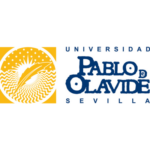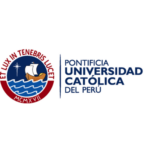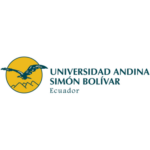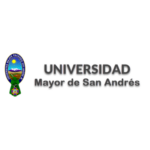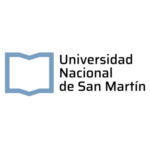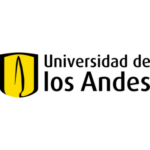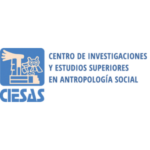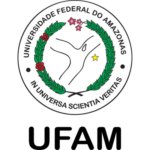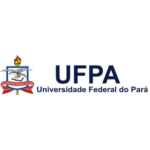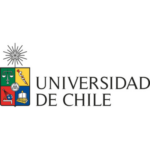Work Package 3
Conceptualising Territory, Leadership and Social Justice from Indigenous Perspectives
WP3 will progress from the entanglements and historicising Indigenous knowledges (WP1 and 2) to analyse the complexities of these knowledges in relation to national institutions, such as universities and state agencies. Analyses in WP3 will be directed towards policies of recognition and insertion of Indigenous knowledges within the governmental systems in its different expressions. The research will be directed towards dimensions of identity and territory intimately tied to aspects such as power, justice, or state-nationalism dimensions. Since the recognition of Indigenous knowledges, relying on their epistemic frameworks is critical to go beyond interculturality and expand academic-centric notions of Indigenous knowledges.
The main objective is to advance understanding of and engagement with the politics of Indigenous knowledge as advocated by Indigenous leaders. Moreover, this WP will probe and bring to the forefront the protagonism and leadership of Indigenous researchers and activists, their relations to educational systems, and the centrality of territories, spaces, and bodies to Indigenous epistemologies. This will all be connected to Indigenous agencies in policies, law, and constitutionality.
WP Leaders

Barbara Truffin
Université libre de Bruxelles
- barbara.truffin@ulb.be
Professor at Université libre de Bruxelles (ULB), where she teaches Legal Anthropology at the Law Faculty. She is President of the Centre d’histoire du droit et d’anthropologie juridique. She holds a PhD in anthropology (ULB), a Master of Social Sciences (University of Chicago), a Degree in Law and a Degree in International Law (ULB). Her research is based on an empirical approach to law and justice. She did her doctoral fieldwork on legal pluralism and indigenous rights in the Ecuadorian Amazon and worked on family justice and conflict resolution in Belgium and France.

Hal Langfur
University at Buffalo, USA
- hlangfur@buffalo.edu
Associate professor of history at the University at Buffalo (SUNY), is the author of Adrift on an Inland Sea: Misinformation and the Limits of Empire in the Brazilian Backlands (Stanford Univ. Press, 2023) and The Forbidden Lands: Colonial Identity, Frontier Violence, and the Persistence of Brazil’s Eastern Indians, 1750–1830 (Stanford Univ. Press, 2006). He edited Native Brazil: Beyond the Convert and the Cannibal, 1500–1900 (Univ. of New Mexico Press, 2014) and has published more than two dozen articles and chapters in the United States, Brazil, and Portugal.

Karl Heinz Arenz
Federal University of Pará, Brazil
- karlarenz@ufpa.br
Professor at the Federal University of Pará (UFPA), Brazil, working at the Faculty of History and the Post-Graduate Program in Social History of Amazonia. Karl holds a Modern and Contemporary History doctorate from the University Paris-Sorbonne, France. The focus of his research is the Colonial Amazon Society, especially the complex relationship between Indigenous populations, Jesuit missionaries, and Portuguese authorities. In 2019, he was co-editor of a colonial dictionary of the Tupi language, which was widely spoken in the Amazon Region.
Other Researchers
- Researcher 1
- Researcher 2






